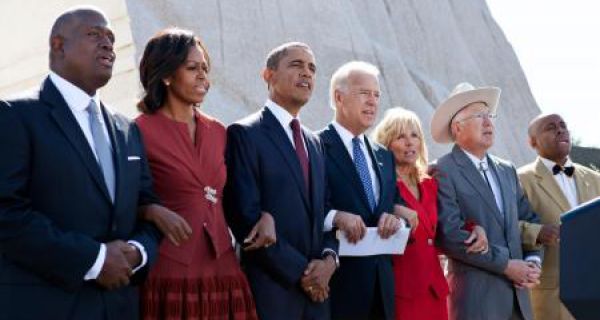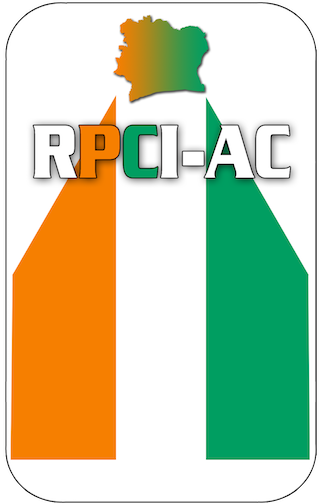"UNITED STATES POLITICAL SYSTEM"(how it works)!(Last part):"Focus on the American Congress"!
Le 16 juillet 2012 par IVOIREBUSINESS - The United STATES CONGRESS differs from the parliament chiefly in the fact that it does not contain the executive.The president and his cabinet are not members of the house, as the prime minister and his cabinet are

Le 16 juillet 2012 par IVOIREBUSINESS - The United STATES CONGRESS differs from the parliament chiefly in the fact that it does not contain the executive.The president and his cabinet are not members of the house, as the prime minister and his cabinet are
in "England".The Congress can not peremptorily ask a question of the president except in an impeachment proceeding; and if it refuses to pass an administration bill, there is no "crisis".The president in that case does not resign; nor does he dissolve Congress and force a new election. In the United states government, the people are represented in one way by the congress and in another by the president. Each has the right and the means to appeal directly to the people for support against the other, and they do.The effect is that the struggle between the Executive and Congress varies between open hostilities and an armed truce, even when the president's party is in control of Congress. Another situation, that can not occur in a parliament, arises when the people choose a president of one party and a Congress of another, putting the executive and the legislative branches automatically in opposition to each other.The United States Congress is therefore more irresponsible than a parliament, for the members of the president's party can vote against an administration proposal without voting to have the president resign.This lack of responsibility encourages demagogues in Congress to play for headlines, since the party in power does not feel that strict discipline in a matter of life and death! "Wodrow Wilson", when he was a college professor, advocated a constitutional change that would have given Congress the powers and responsabilities of a parliament. He argued that if the Congress had to pass the president's bills or else face a crisis, it would take its work more seriously and the people would watch it more intelligently.When "Wilson" became president, he thought of forcing a crisis in case of a balky Congress. He could have resigned with the vice-president and all the cabinet.Thus, all the heirs to the presidency, as the law then stood, would vanish, and Congress would have to choose a new executive. But he had a War on his hands and could not afford to upset the established order of business.There is no noticeable public demand in the United states for the transformation of the American Congress into a parliament!One effect of the separation of powers is that the Senate is as important a body as the house. In other countries, there is a tendency for the lower house, since it controls the executive, to assume all the power, letting the upper house live on as a debating society of elders statesmen. In "England", for instance, the house of Lords has been stripped of its veto power.It may delay a bill by voting against it; but the house of Commons has the final world.The United states senate is as powerful as the house, and in some respects more so. Furthermore, the tradition of a two-chambered legislature is deeply rooted in american political life.The colonial governments had two chambers and so do all the states except "Nebraska".But the principal reason that no one can conceive of any movement toward a one-chamber Congress is that the United states is still a federal union of large and small states. No other method of solving the problem of uniting big and little states that would satisfy the american pepole has been suggested.
(YVES T BOUAZO)("sources":the United states political system from "David Cushman Coyle's book)













